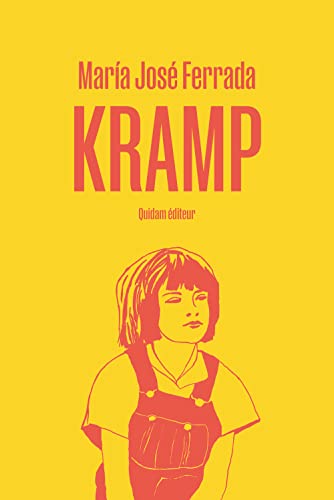What do you think?
Rate this book


140 pages, Paperback
First published February 1, 2017
‘I remember him saying, so many times, that it was improbable that a house constructed from 80 percent Kramp products would collapse in the event of an earthquake or a tornado, and realized that mine was one of the unfortunate cases that fell within the improbability.
For the earthquake had come, the feared tornado, and my construction, made from 95 percent Kramp products, was now a pile of sticks.’

“What I’m trying to say is that every person tries to explain the inner workings of things with whatever is at hand. I, at seven years of age, had reached out my hand and had grasped a Kramp catalogue.”
"... I knew that, in the sales society, I was not yet considered a true samurai, despite my strong performance. I was a tiny samurai, defending a tiny castle, capable of committing a tiny hara-kiri. Nothing more, but nothing less either.”
“The drives I most liked were the drives home. And it wasn’t because home was at the end of the road, but because the late-afternoon light simplified everything. At that time of day, the world looked like a scale model I’d seen in one of the many hardware stories we visited. Someone had cut out the trees and set them down along the straight line that out of convention we called a road, someone had whittled a house and put it there (had used steel shears and a gouge). And, following that logic, which the light prompted me to do, someone had fashioned us and put us here. Great Carpenter, I whispered, as if aiming to irritate someone who was a little deaf.”
billions of years before, on that same night, the big bang had taken place, and from then on everything drew apart, and continued to draw apart, irretrievably.